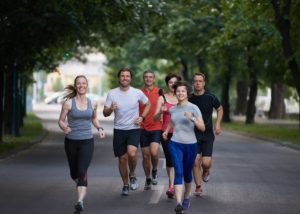 Earlier this month on the outskirts of Paris, Frenchman Robert Marchand cycled for one hour around a velodrome. Covering a mere 22.547km, it was not his speed that attracted the hundreds of fans to cheer him on, but rather the fact that Robert recently celebrated his 105th birthday.
Earlier this month on the outskirts of Paris, Frenchman Robert Marchand cycled for one hour around a velodrome. Covering a mere 22.547km, it was not his speed that attracted the hundreds of fans to cheer him on, but rather the fact that Robert recently celebrated his 105th birthday.
On average we are living longer, and many among us will spend 100 years or more on the planet. The desire for many will be to live as well as they can for as long as they can, and staying physically active is a big part of that.
Have you thought about how you’ll exercise in your future?
As kids and teenagers we usually have the time and the health to pursue whatever activity takes our fancy and we can throw ourselves into new, vigorous and potentially injurious sports with abandon. In your 20s this may start to change and by your 30s and 40s, it definitely will. I’m 35 now and as you can tell I’m thinking more about the aging process, but I’m still only one-third of Monsieur Marchand’s age. You, dear reader, may be older and wiser than me (I’d welcome your advice in the comments!) but unless you’re 105 I’d argue it can still help to give this some thought.
There’s no right or wrong way of course. Some people will exercise a lot; some won’t. Some exercisers will feel great benefits; sadly a few will get ‘hit by a bus’ before it even matters. Life is like a box of chocolates and so on. But if you’ve made it this far, you probably subscribe to the notion that exercising is a good idea, so what are the ways that people keep active?
To set the scene today, here are a few approaches that I see amongst my patients:
“Keeping the Dream Alive”
We all know someone who has a special love for a particular sport. It’s part of who they are and it helps to keep them healthy, so they’ll never want to stop. This group contains a lot of golfers, cyclists, runners, surfers and yogis amongst others. The big benefit for these people is that they’ll be motivated to stick to it even if they face obstacles. The downside is that some sports are less forgiving if you’re affected by an injury or simply age. Clearly someone who loves rugby or squash is more likely to have trouble keeping it up long-term than someone who loves swimming or Pilates.
“The Master Plan”
Of course a guy like me is inclined to overthink these things (whilst no doubt under-thinking other important aspects of my future; thankfully I have a good financial planner to help!) At the moment my exercise plan goes something like this:
– I’m almost ready to say that my days of competitive football are behind me, but that’s mainly a decision to help my chance of keeping up running for a long while yet. Eventually, when that’s too hard, I fully intend to don the lycra (my wife has been warned) and try cycling for a while. Hopefully I’ll manage a second wind with ball-sports if my son is keen on playing with me when he grows up. Weight training and reformer Pilates will probably get another look in, especially to rehab any injuries. If one day the legs have had enough, I might even follow in my parents footsteps with a kayaking obsession. Who knows if I’ll stick to the plan, but I’m trying to keep some options open.
“Life Fast, Life Forever”
These rare people are the young at heart. Incorrigible types with a taste for constant new challenges. Often lurching from one new passion to the next, they love exercise and adventure. While this can clearly lead to some injuries (and stress for your more level-headed physio) this approach can still take you a long way in life, especially if you can carry the same attitude into your later decades. Being ready to adjust the activity while keeping the same spirit is their challenge.
“The Reluctant Achiever”
I have a particular fondness for this kind of patient. They’ll often start by saying “they don’t exercise enough” or put themselves down for not being especially sporty. But they then describe what they do and it’s clear they give exercising a decent go, are actually quite consistent about it. They might have had a health issue in the past or simply taken on board their duty to exercise and stuck to it. Good for them I say, and they shouldn’t feel any less proud just because they don’t make a big song and dance about it.
Now, the reality is that you probably don’t fit into one of these stereotypes. Many people’s exercise habits drift along without a plan or a particular drive. As for when you’re old, “crossing that bridge when you come to it” is reasonable enough. But if you’re feeling discouraged, uncertain or even afraid about exercising and living a healthier life, then we’re here to help.
In part two, I’ll offer some tips on what you can do.
To see more of Blake’s Physio Blogs click here.
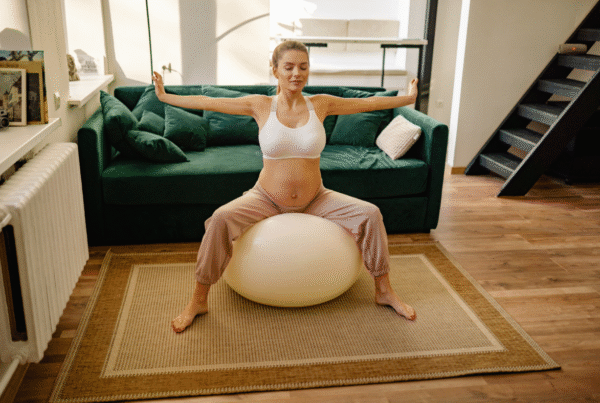
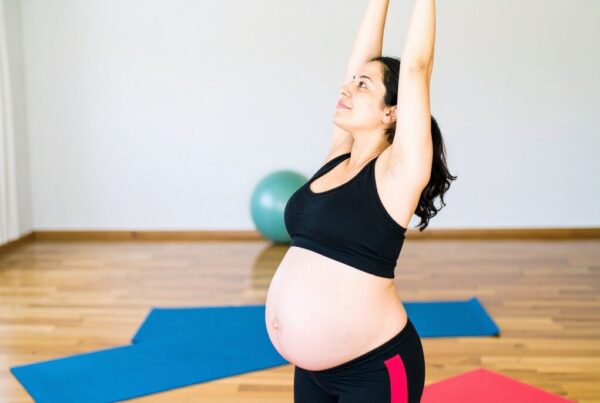


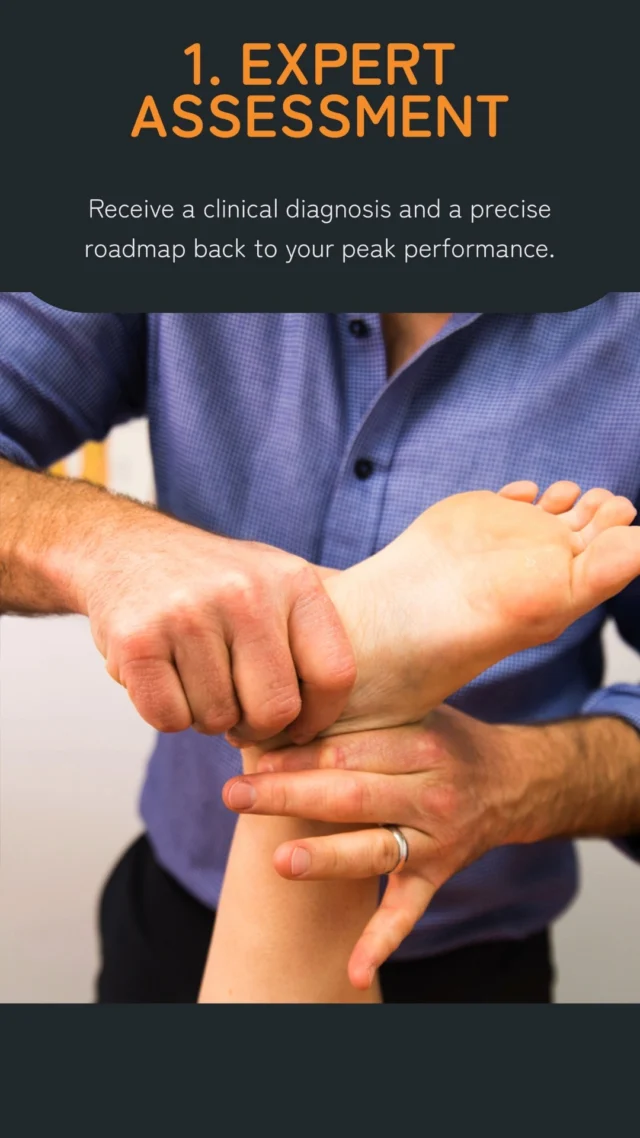
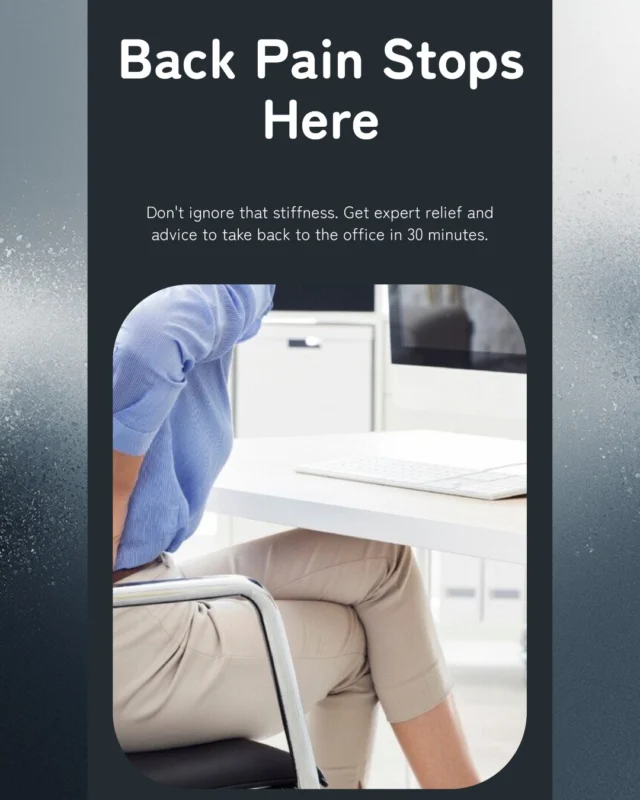
I think you may have missed a category – the “Used to exercise but now has so many aches and pains and so little energy that exercise is an anathema”. (Okay, that clearly needs a catchier title.) As one gets older, one’s body starts to break down. I’m in my 60s and I suffer from osteoarthritis in my knees, toes and thumbs. I have a chronic rotator cuff issue. Everything hurts nowadays, even walking. I’ve had to modify my yoga and pilates to the point where I’m basically back to doing beginners exercises. I never feel good ofter exercise anymore when I once did.
I also work full-time and and have a very long commute – this wasn’t an issue when I was younger but these days I barely have enough energy to do more than get up, go to work, come home, go to bed. I’m also now overweight which isn’t helping. I don’t have a lot of money to spend on gyms and such any more as I’m earning less than I did when I was younger.
I’m not the only one. I’ve met quite a few people my age and older in a similar situation. No-one ever tells you how much harder it will become to keep exercising as you age, especially if you are working. I’d love to go to over 55s exercise classes – but these are all on during my working day. There is not one gym that caters for over 55s with lunchtime or after work classes. Most personal trainers (if one can afford it) have no idea about creating exercise programs for older bodies and insist on push, push, push like the do with their younger clients. It so often makes things even worse.
I’m really looking forward to your tips in Part 2!
Hi there, thanks so much for taking the time to write. I’m glad you took up my invitation to bless this blog with a much more life experience than my years could muster. Good on you for sharing your own challenges- I’ll certainly take some lessons from it.
I quite like your alternative title actually! Maybe it’s not the positive, catchy kind of thing that I write for these blogs, but it wins points for honesty and I imagine many would relate. I offered my made-up categories as versions of, for lack of a better word, “success” in the quest to exercise through life, knowing that on a long-enough time line most people don’t manage this, and certainly never with ease. Even so, perhaps it wasn’t that helpful!
I might be putting my foot in it, but I’m tempted to argue you’d have more traits in common with the “Reluctant Achiever” than you might realise. Making those changes to your Pilates and Yoga, however limiting they feel by comparison to your past, is impressive if it ‘keeps you in the game.’
The last thing I’d want to do is to try and suggest that there are easy answers for these issues, or to minimise the very real crumbiness of how it must feel to have your options limited while also be in pain. But I do believe you have options (that’s my job!) and would be happy to talk these through with you if you like- if you’re local then call the clinic and I can call you back.
Meanwhile Part Two is actually published already so do have a look and see what you think. It’s at:
https://www.bendandmend.com.au/physiotherapy/exercising-to-your-105th-birthday-a-rough-guide-part-2/
I’d probably stand by the tips in principle, but recognise that the way they are pitched is perhaps again on the more upbeat end of the scale.
Thanks again, for reading and for writing.
Blake